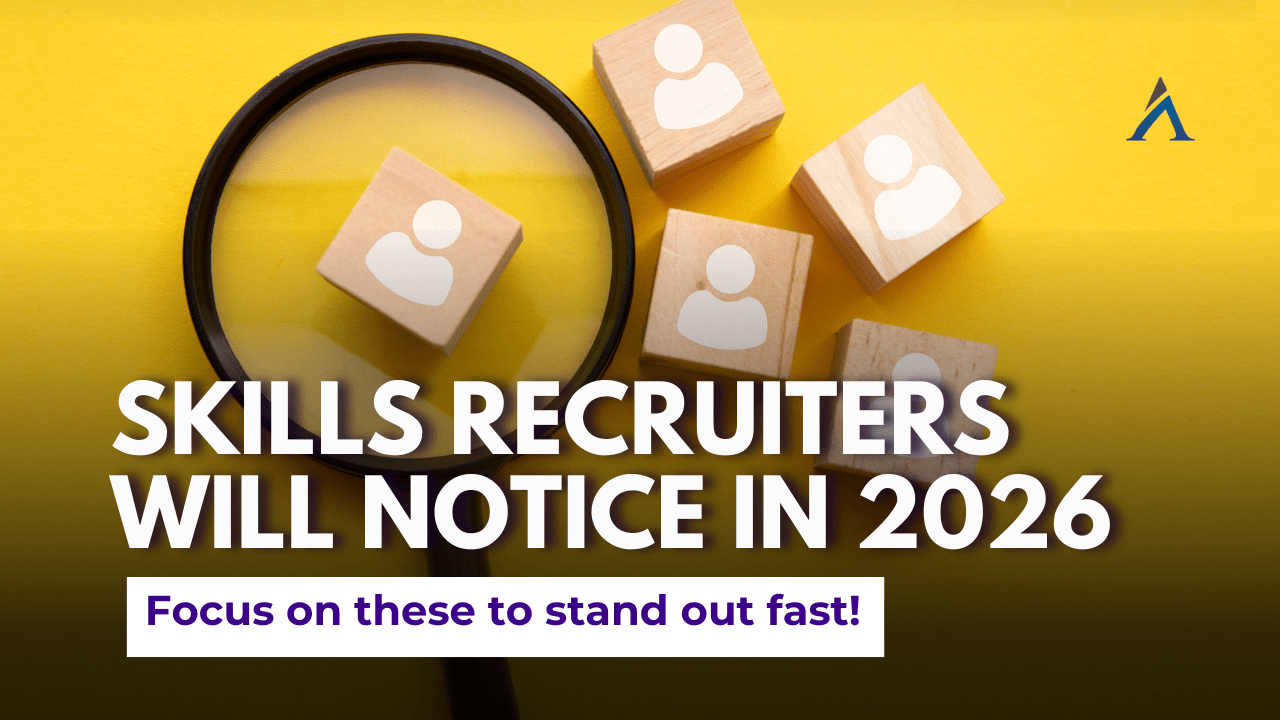Searching for a job in Japan’s unique and competitive market requires more than just uploading your resume. As recruitment trends evolve in 2025, understanding the cultural and professional nuances of Japan’s job landscape is crucial—especially for mid-career professionals and executives.
Here are seven common mistakes job seekers should avoid in Japan this year, along with insights to help you stand out in the eyes of hiring companies and executive search firms.
1. Using a One-Size-Fits-All Resume
In Japan, resumes should be customized for each job application. Submitting a generic resume that doesn’t reflect the role’s specific requirements shows a lack of effort and cultural understanding. Be sure to tailor your resume with relevant keywords and achievements that align with the company’s expectations.
2. Neglecting to Include a Japanese Resume (Rirekisho)
Many companies in Japan still expect a traditional rirekisho, especially for local firms. Even if you’re targeting international companies, submitting both an English and Japanese resume demonstrates seriousness and adaptability to local practices.
3. Overlooking Cultural Norms in Communication
Politeness and humility are highly valued in Japanese business culture. Whether you’re writing emails, interviewing, or networking on LinkedIn, use a professional tone and avoid coming across as overly assertive. Understanding etiquette—like bowing during interviews or using honorifics—can give you an edge.
4. Failing to Follow Up After an Interview
A thoughtful follow-up message after an interview can show appreciation and reinforce your interest in the role. In Japan, this is not just a courtesy—it’s a sign of professionalism. Keep your message polite, clear, and brief.
5. Not Leveraging LinkedIn Properly
While LinkedIn isn’t as widely used in Japan as in other countries, it’s gaining popularity, especially among recruiters and executive search professionals. A well-optimized LinkedIn profile with relevant industry keywords and a clear career summary can help you attract the right opportunities.
6. Ignoring the Power of Networking
In Japan, many job opportunities—especially executive-level positions—are never publicly advertised. Building connections through industry events, alumni associations, and online platforms can lead to valuable referrals.
7. Applying Without a Clear Career Goal
Japanese employers value stability and long-term vision. Applying for multiple unrelated roles can make you seem unfocused. Define your career goals clearly and ensure your applications reflect a strong match between your experience and the role you’re pursuing.
Final Thoughts
Avoiding these common mistakes can help you navigate Japan’s job market more effectively in 2025. From customizing your resume to understanding cultural expectations, small adjustments can make a big difference.
At Ascent Global Partners, we specialize in executive search and recruitment services in Japan. Our team helps professionals avoid these pitfalls and find the right fit for their career aspirations. If you’re job hunting in Japan this year, let us guide you to your next opportunity.
Visit Ascent Global Partners to learn more.
Check out our website – ascentgp.com for tons of useful tips on career advice, resume tips, interview follow-ups, and a wide range of other topics. Plus, we’ve got articles and podcasts on career, leadership, and recruitment advice: ascentgp.com/blog.



